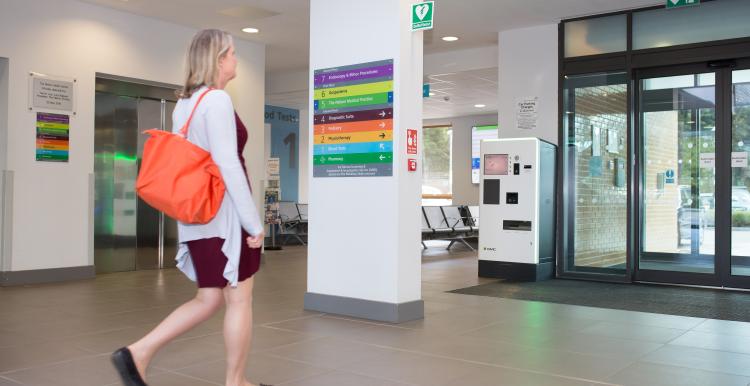Government and unions urged to find resolution to strike action

Five organisations representing NHS leaders and patients have jointly written to the Chair of the Council of the British Medical Association (BMA) and to the Secretary of State of the Department of Health and Social Care stating concerns about the on-going industrial action within the NHS.
The organisations, including Healthwatch England, Age UK, NHS Confederation, National Voices and the Patients Association, are seriously concerned about plans for industrial action set to take place between 20 and 23 December, and for a further six days in early January 7am on 3 January to 7am on 9 January 2024.
Collectively the organisations are calling on both Government and the BMA to get back to the negotiating table, believing that further strikes would be a major blow for the service already grappling with record waiting lists, winter pressures and the financial fall out of previous industrial action.
In the first week of December there were already 13,000 patients – many older people – waiting to be discharged. Strike action in the run up to Christmas could see these numbers increase, leaving patients stranded in hospital over the holiday period despite being medically fit for discharge.
Over the course of 2023 we have seen more than 1.2 million operations and appointments cancelled and £1.4 billion spent by NHS organisations, including on additional staff costs, as they have sought to keep essential services running.
Meanwhile, waiting lists have increased by 510,000 from 7.2 million in January to 7.71 million in October 2023. These lists have already impacted on the health of patients, families and carers while they wait for essential treatment or struggle to access the on-going support, they need to manage health conditions. And, it is most disadvantaged communities and vulnerable patients who pay the highest price for disruption and delays.
Despite the best efforts of hard-working NHS staff, the organisations are concerned that it will be extremely difficult to ensure safe and effective care during this period for all patients that need it. Winter pressures, staff absence and high levels of patient demand, mean the first weeks of January are typically one of the busiest times, particularly for urgent and emergency care services.
Nine months have now elapsed since the BMA Junior Doctor’s Committee first embarked on industrial action in March 2023. The timing, duration and fact that – as yet – no national derogations have been agreed is cause for alarm.
It is now imperative that both Government and the BMA find a resolution and bring an end to their dispute.
It is not too late to restart talks and avert further disruption.
Louise Ansari, Chief Executive of Healthwatch England said:
“The forthcoming strikes will be concerning for patients already facing long waits for care, especially now we are in winter when demand will be higher. We know that waits affect some worse than others. If you are a woman, on a low income, from an ethnic minority background or have a disability, you are more likely to have a worse experience of waiting for care.
“It essential that both parties find a way forward to prevent the confidence of patients being undermined when it comes to being able to access care. It also vital that lifesaving care is not affected and that the NHS gets its communications right to ensure that patients know if services will be affected.”